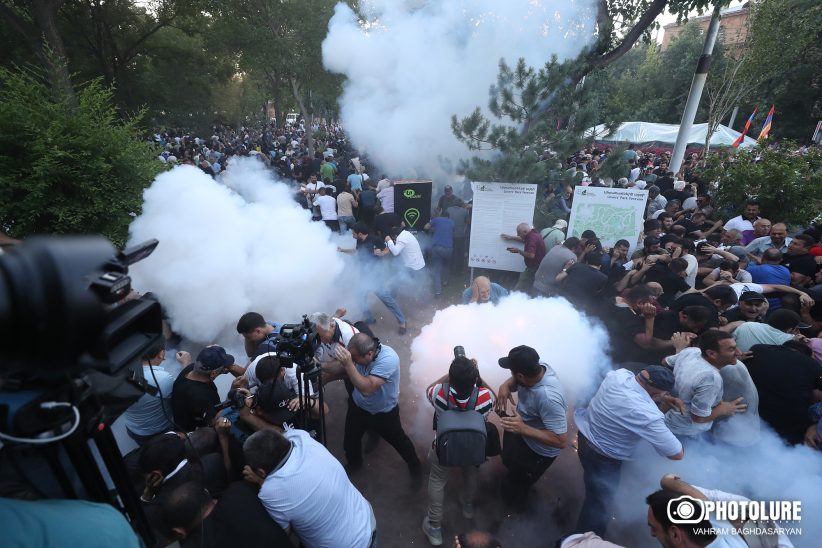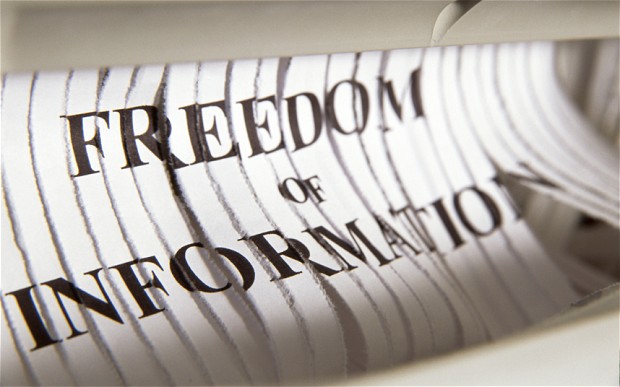Armenia has retained its position in the international ratings on the freedom of the press, however the situation in the country in terms of the violations of journslists’ and media outlets’ rights causes concern.
The second quarter of 2020, unlike the previous quarter, was marked by physical violence against journalists. The Committee to Protect Freedom of Expression registered 2 cases, during which at least 6 journalists were injured. These happened during the protests organized by the Prosperous Armenia Party when they put forward the demand for the resignation of the Government. Journalistic organizations made condemning statements in this regard.
As for the limitations of the journalistic activities at the time of the state of emergency due to the coronavirus pandemic, introduced in the first quarter and resembling censorship, they were lifted in the second quarter. However, the CPFE registered a case when the police initiated administrative proceedings against the media outlet in connection with the publication on the topic of the coronavirus.
The total number of various types of pressure applied in the reporting period amounted to 34. The number of new court cases against media outlets is 23: in one case the journalist went to court as a result of the violation of the right to receive information, and 22 claims were filed against media outlets on the grounds of insult and slander, established by Article 1087.1 of the Civil Code: this exceeds the data for the previous quarter by 10. That is to say, the tendency of growing numbers of claims against media outlets and journalists was maintained in the second quarter. Freedom House and Journalists without Borders, too, reported that these phenomena were causing concern. Even though both organizations confirmed the good level of freedom of speech in the post-revolutionary Armenia, they considered that the media polarization in Armenia was alarming: in Armenia the media are not under state control, but they are dependent on their owners.
In this sense it is extremely urgent to ensure the transparency of media ownership. These solutions should be provided for first in the Law on Mass Media for the improvement of which a working group has been established in the Parliament. Later this should also be ensured by the legislation, regulating the broadcast sector.
On April 27 three NA MPs put the new draft law on Audio-Visual Media into circulation. It has been harshly criticized by journalistic organizations, since it is not meant to introduce reforms in the sector and will not contribute to the solution of the problems in the sector. And even thought the CPFE has submitted 35 recommendations on the amendments to the draft to its authors, the organization believes that the document needs to be revisited conceptually. Nonetheless, the Parliament passed the Bill at the first hearing on June 18.
Both hate speech, disinformation and various manipulations on domestic and foreign policy as well as on the topic of the coronavirus continued to be widely circulated in both social media and media outlets in the reporting period. The situation became so serious that on June 12 the RA Prime-Minister announced of a working group formed within the Government staff upon his instruction to study disseminated disinformation. The issues have also been in the focus of the parliament’s attention: the NA Standing Committee on Protection of Human Rights and Public Affairs continued the working group discussions on the fight against hate speech aiming at legislative reforms with the representatives of the civil society during the reporting quarter. Whereas the package of amendments to the RA Criminal Code and RA Criminal Procedure Code which envisages criminal liability for public statements calling to apply violence, public justifications of the acts or preaching of violence, was adopted by the Parliament on April 15 at its second reading and in the entirety.
In the reporting period the government has been in direct contact with the public on a daily basis via social media, and the PM of the country gave his regular five-hour long press conference on May 16, answering approximately 70 questions. However, the official information provided by the state bodies is not always and fully accessible for the media which leads to the latter’s dissatisfaction. In the course of the second quarter the CPFE registered 26 cases of the violation of the right to receive and disseminate information.








